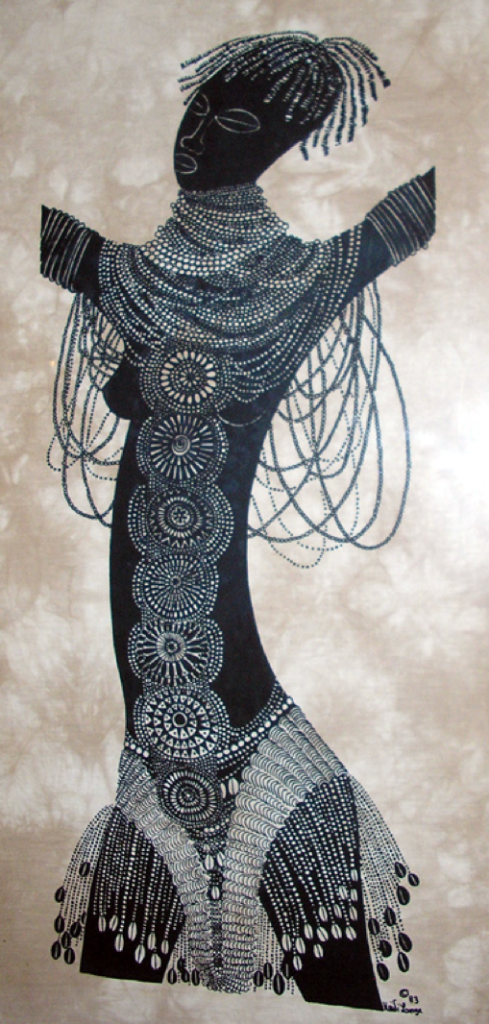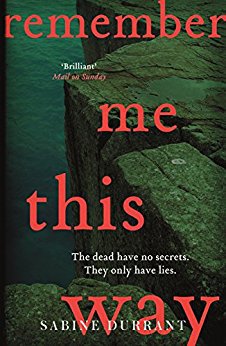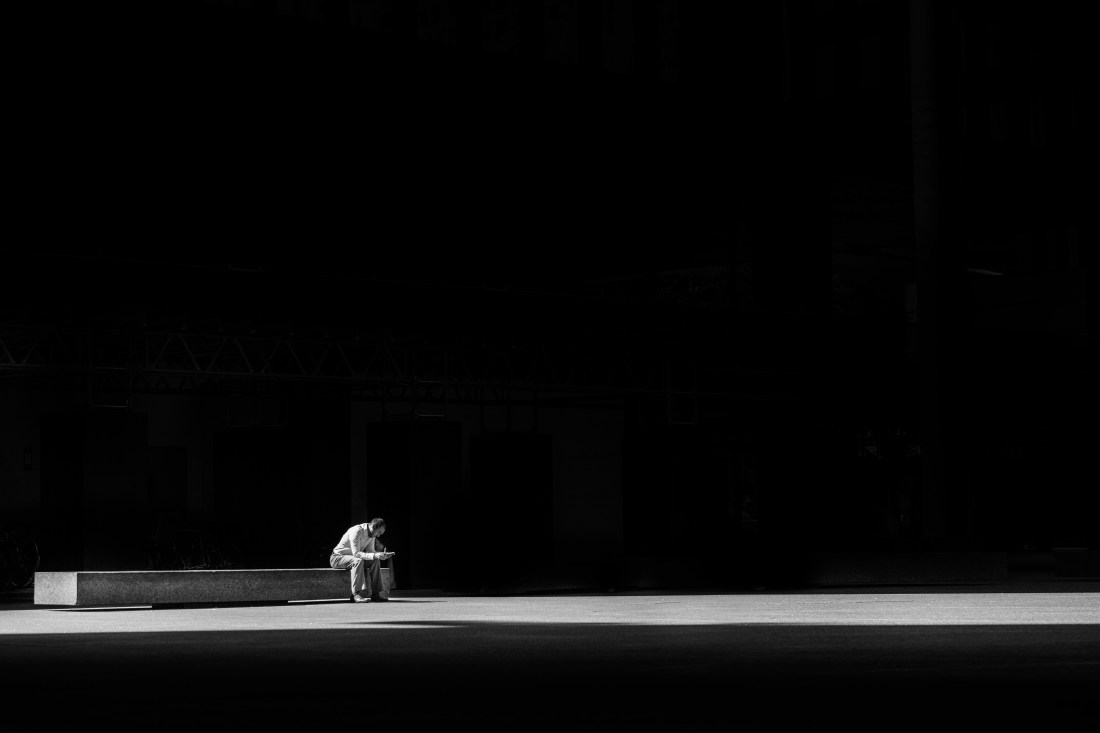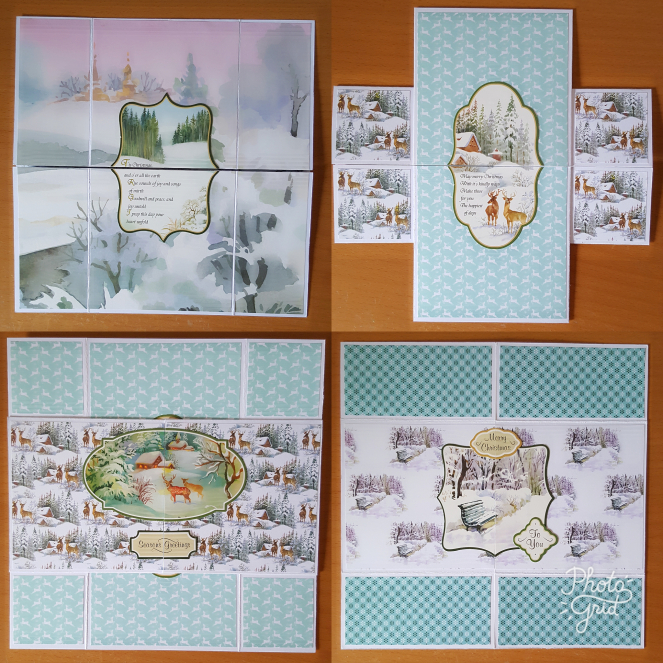
Previously on Crows: Pete, the narrator, is a young white journalist born and raised in Kenya. After covering tribal unrest in the North for a Kenyan newspaper he goes back to Nairobi. Needs a break. Maybe he will resign, maybe leave Africa. He goes to Lamu, a small island on the coast of Kenya, by the Indian Ocean to sort things out. If you haven’t read “Crows”, click here.
https://equinoxio21.wordpress.com/2013/11/28/crows-4/
Now Pete tells Mary-Sue, a young black journalist born and raised in Babylon, Amerika, what happened in the North. Why he decided to leave Africa.
“You’re shitting me!” Mary-Sue jumped from the couch and started beating me up with a cushion.
“I shit thee not,” I said.
“Thou better not,” she laughed. “A blood-red ruby? On the crow’s beak?!”
“Cross my heart. I saw it,” I said.
“How many beers had you had?”
I lifted one finger, then two.
“Okay,” she said, “two beers don’t count. If that is true you should publish. If it’s fiction too.”
She sat back down on the couch. Asked: “And what happened to the little girl?”
“What… little girl?” I must have blanched, because Mary-Sue said:
“Why are you suddenly so pale? I mean, paler than usual, white boy?”
“Nothing,” I said, “just tired. What little girl?”
“The one who wanted to be a doctor?”
“Ahhh. That one? I don’t know, we didn’t exactly exchange e-mails!” I said with a smile.
Mary-Sue frowned a bit. Then said: “And that is why you left Africa?”
I nodded, putting on my straightest face.
“Don’t straightface me Bwana boy. You’re a lousy poker player. Remember how I cleaned you the other day at Victor’s?”
“You cleaned me so well I had to pay the cab back here with a card! With you at my side, carrying all my cash!”
“Exactly. So, after the crow with the red ruby, you just spooked out, went back to Nairobi, handed in your resignation and flew back to the fog and cold of mighty England?”
“Indeed.” I said.
Mary-Sue got up, stretched, yawned, looked at the clock on the wall, yawned again and said: “I don’t believe you Bwana boy, but it’s four in the morning, so thank you for a nice story.” She looked out the window. At the street below, filled up with fog. “A very nice story that took me away for a while from all the cold and fog. Don’t worry, I’ll extort the truth one day. Meantime, let’s go to bed!”
*
Whoa, thought it was a nightmare,
’Llo, it’s all so true,
They told me, “Don’t go walkin’ slow
‘Cause Devil’s on the loose.”
Better run through the jungle,
Better run through the jungle,
Better run through the jungle,
Woa, Don’t look back to see.
– Foggerty, “Running through the jungle”
I’m walking through the tall elephant grass.
I’m running through the grass.
I’m running through the jungle.
I’m walking through the grass.
I’m running through the bush.
Wait! Wait! Sequence is wrong.
I’m running…
I’m walking…
Wait!
Rewind.
*
The rebel Turkana chief is angry. Very.
He threatens us.
Na piga kufa! I’ll kill you.
Wait! Wait! Sequence is wrong again.
I’m running…
I’m walking…
Wait!
Rewind.
*
Malaika, nakupenda Malaika
Malaika, nakupenda Malaika
(Angel, I love you angel,
Angel, I love you angel,)
– Fadhili Williams, “Malaika”
I’m stuck in a Pokot village, only a few hours’ drive from where the Turkana rebel chief and his troops are supposed to be stationed. The Pokot are peaceful people, part of the Kalendjin tribe. They live near Lake Baringo. Some Pokot farm, some raise cattle, cows and sheep. The biggest pastime in the good old days was mutual cattle raiding between the Pokot and the Marakwet.
I’m walking through the village. Small huts, clean sweeped paths between the huts. Red dust everywhere, the huts are red, my clothes shake off red dust with every step I take. The Pokot men shave most of their head, leaving only a tuft of hair at the back of the skull which they spread clay on to attach a large white feather. The women wear large bead necklaces, beaded headgear, brass jewelry. On the ankles, the arms.
We are waiting. I have sent an emissary to talk to the rebel Turkana chief. To send advance presents to secure an interview. Just time and patience. Meanwhile, the Pokot give us hospitality.
“Rafiki! Rafiki! Mzungu!”
Wherever I go I’m surrounded by children of all sizes and ages. The children are so amazed to see a white man, they cling to me all the time, calling me rafiki, friend, mzungu, white man. I generally walk around with two or three clinging to each hand. The rest of the kids forming an escort. Black little heads, wide brilliant eyes, lots of smiles, laughter, white teeth.
They ask me stories of how it is out there? What’s Nairobi like? The President? Am I a Kingereza, an Englishman? I say Ndyio, yes. I’m an African Kingereza. They ask me about the Queen. I tell them she’s well. That she says hello. They laugh as only children can: high-pitched, crystal-clear. Not all of them speak Swahili, most only speak Pokot, a language I do not handle. A little girl of ten, eleven, has appointed herself my personal assistant and official swahili-pokot translator. Her name is Malaika, Angel. She wears a cow-hide short dress, beads and brass jewels everywhere and nothing much more.
“Come on, mzungu, come on white man!” Malaika says,” tell us a story.”
I tell the kids the story of Alice in Wonderland, loosely adapted to Swahili. They laugh and cringe at all the right moments. Especially at the rabbit with a watch. They know rabbits. Rabbits are good to eat. They pass their tongues over their lips. Rub their stomach. One of the little watoto, kids, asks what a watch is. Malaika looks down at him and says in swahili, for my sake, then in Pokot:
“A watch is to tell the time, dummy!”
Some of the kids look skeptical, look at the sun, then at the shadows on the ground, signifying in silence that it’s enough to tell the time and that this is probably another crazy mzungu story. Malaika says:
“Show them your watch, mzungu, show them!”
I extend my arm. Show the $2.95 (plus tax) Mickey Mouse watch I bought in Miami once. The kids scram to look at the watch, almost tear my arm in the process. I unfasten the watch, so they can all have a better look. Watch passes from hand to hand, they ask why the “rat” has gloves and shoes. Malaika retrieves the watch, hands it to me. I hand it back to her:
“Keep it Malaika, keep it. As a gift.”
Malaika beams, as she feels she’s climbed up at least three notches in the Pokot social ladder. She straps the Mickey Mouse watch on her thin black arm. All the kids are laughing, pointing at Malaika. I ask her why. She laughs too. All those huge white smiles!
“They are laughing,” she says, “because they say you will marry me! When a man gives a woman a very precious gift, it means he will marry her…” Those who understand Swahili are rolling on the ground, holding their ribs.
“Marry you? You’re not a woman, you’re just a mtoto, a child!”
“Mimi na kumi na moja! I’m eleven.” She says, straightening up to her full height. 4’10” maybe?
Indeed, girls in traditional Pokot society are generally married around twelve. I look at her with a smile, and say:
“Yes, you are kumi na moja, eleven, but I am a Mzee, an old man.”
The children ask me how old I am, when I tell them about thirty-five, there are lots of tongue clicking, low whistles acknowledging the fact that I am indeed extremely old. Ancient. Shouldn’t I be dead already? Malaika takes my arm and says:
“Doesn’t matter. It’s an honor to marry an old man. How many cows do you have?”
*
I’m walking through the tall grass.
I’m running through the grass.
I’m running through the jungle.
I’m walking through the grass.
I’m running through the bush.
I’m running…
I’m walking…
Wait!
Rewind.
*
To be continued…
Text © BMO and Equinoxio
Turkana girl © Heidi Lange, a wonderful artist who captures the beauty of Kenya tribes in a very distinctive style.
Those of you curious about the song Malaika, click here. It is a classic. (Best version by Myriam Makeba of course)
Share this:




